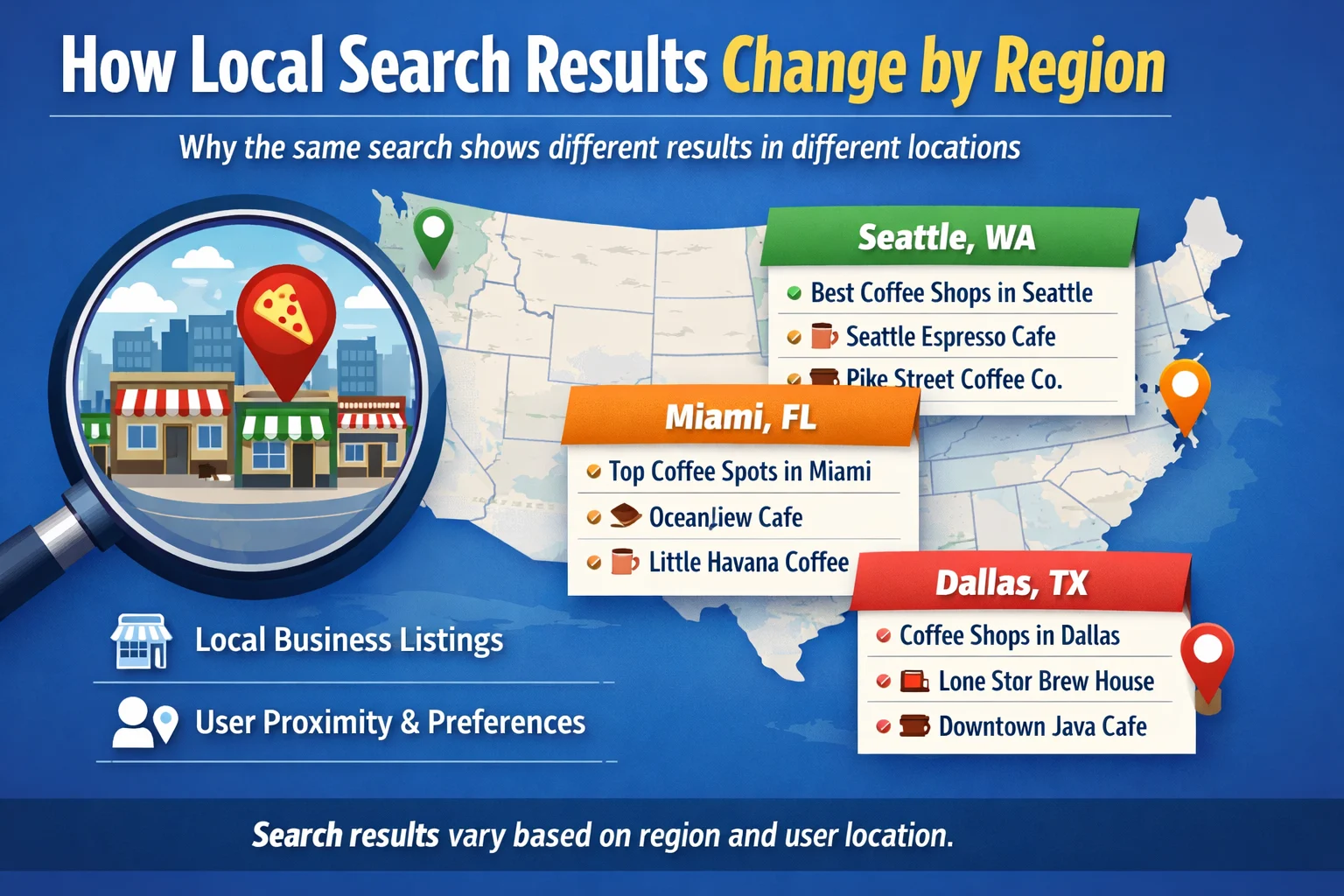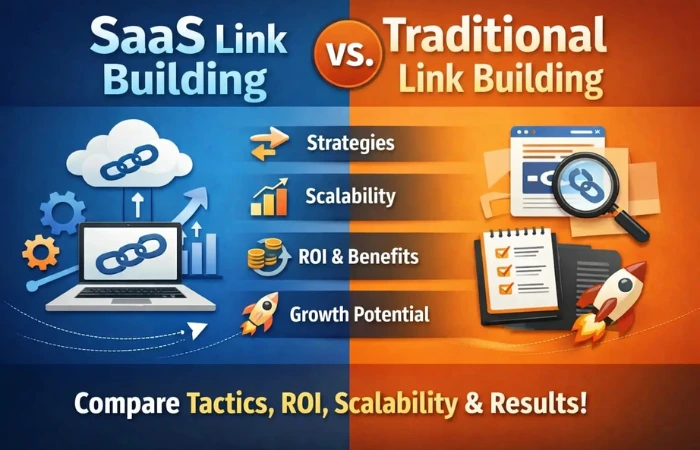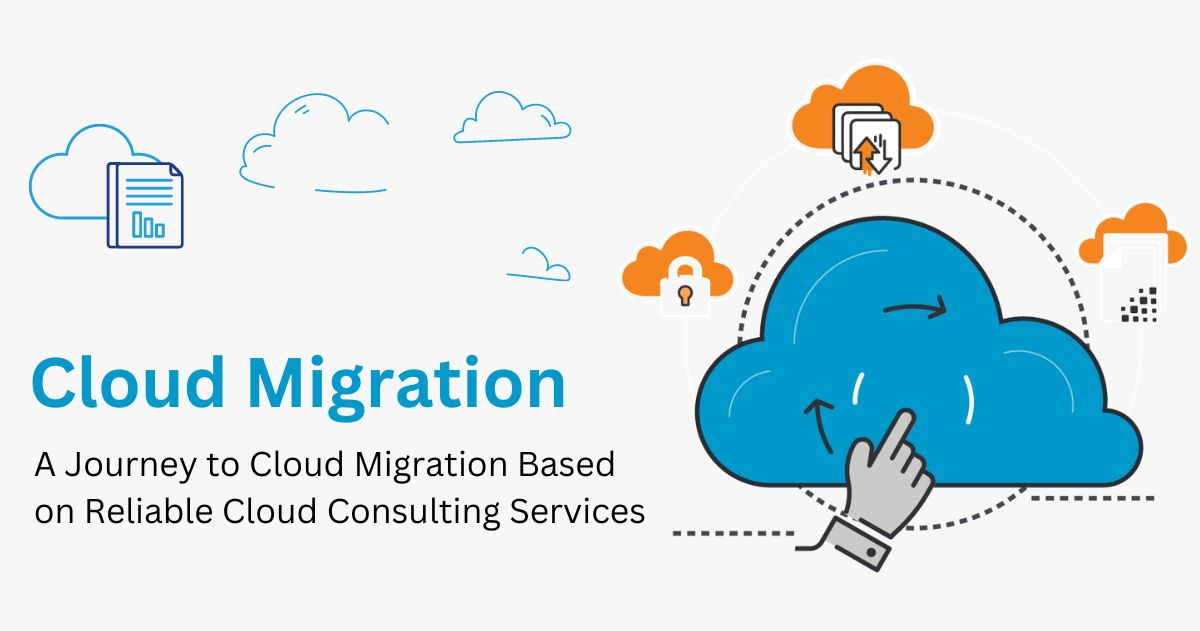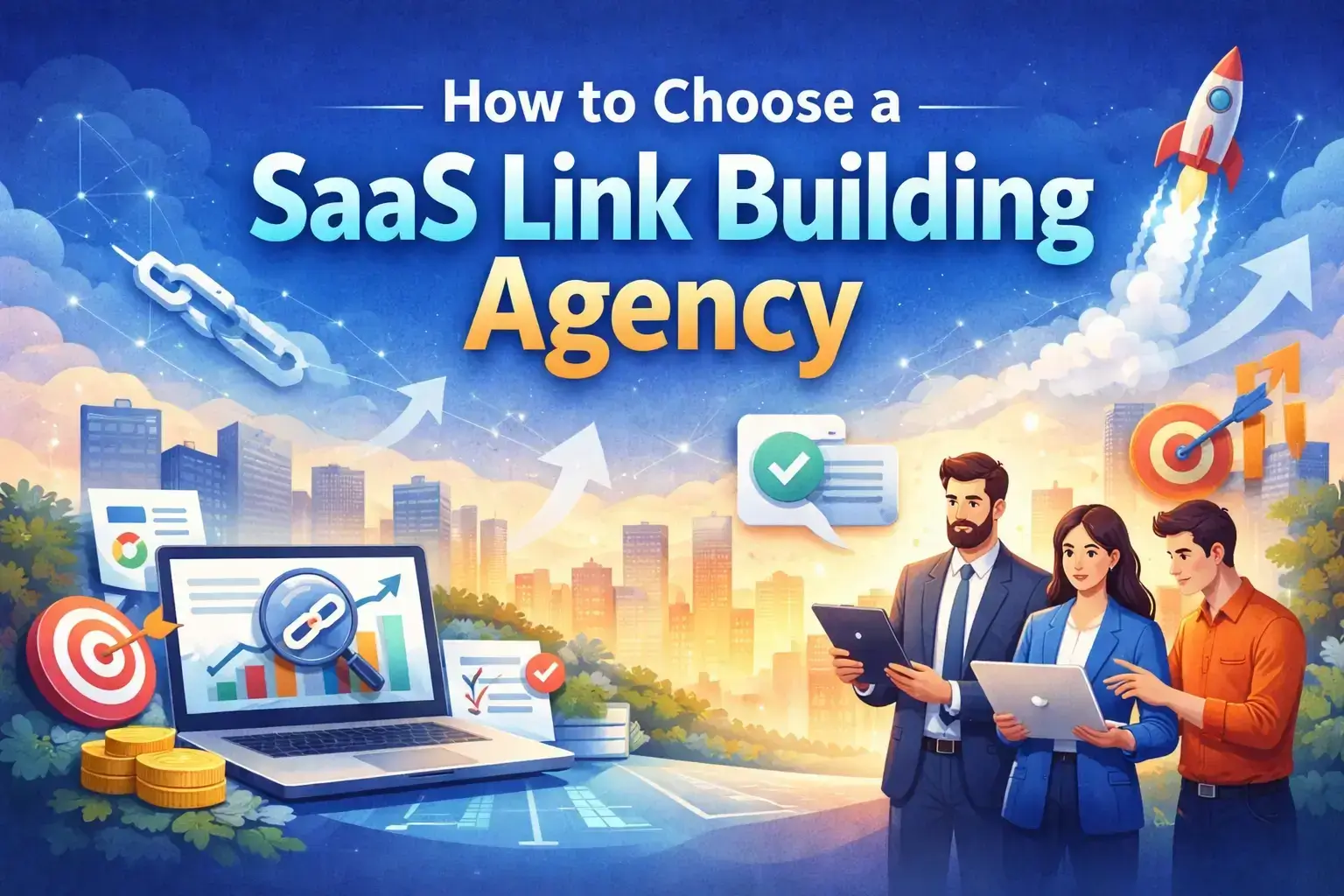Artificial intelligence has become a cornerstone of modern marketing, shaping how businesses understand customers, predict behavior, and make decisions. While AI was once a niche concept limited to tech-heavy industries, it now drives growth strategies for companies of all sizes. From lead generation to customer support, AI systems enhance efficiency while improving personalization.
The evolution of marketing now depends not just on creativity but on data fluency. Businesses that integrate AI into their workflows can identify trends early, optimize campaigns faster, and create more human-centered customer experiences.
Understanding the New Marketing Ecosystem
Traditional marketing relied on intuition and experience. Campaigns were built around audience assumptions, historical results, and broad demographic categories. In today’s data-driven economy, businesses are replacing these methods with insight-based strategies powered by algorithms.
AI technologies collect, analyze, and interpret massive amounts of data that would take humans months to process. Machine learning systems then turn this data into actionable insight, identifying which messages work best, which customers are most engaged, and how to allocate resources for maximum ROI.
Businesses that master this balance between human insight and technological precision are seeing measurable advantages. AI-driven analysis allows them to make informed decisions quickly, creating a marketing ecosystem that thrives on accuracy, adaptability, and continuous improvement.
Personalization at Scale
Personalization has become one of the most essential elements of modern marketing. Consumers expect content that speaks directly to their needs, interests, and behaviors. Achieving that level of detail manually is nearly impossible for growing brands, which is where AI tools excel.
AI-powered systems can analyze past interactions, purchase histories, and browsing behavior to predict what a customer wants next. This allows businesses to deliver targeted ads, personalized emails, and tailored web experiences without overwhelming their teams with manual work.
For small and medium-sized companies, this kind of automation levels the playing field with larger competitors. By using affordable AI-based tools, even lean marketing teams can deliver customer experiences that feel uniquely personal and relevant.
Enhancing Customer Retention
Keeping customers engaged is often more cost-effective than acquiring new ones. AI technology helps businesses predict churn risk by monitoring customer satisfaction levels, feedback, and purchase frequency. These insights make it possible to act before a customer leaves, offering customized incentives or improved service.
AI can also support automated loyalty programs that evolve with customer preferences. For example, if a customer consistently purchases a certain category of products, AI systems can recommend related offerings or reward points that encourage continued engagement.
Building trust through consistency and thoughtful engagement is the key to retention, and AI makes this level of insight possible at scale.
The Role of Predictive Analytics
One of the most powerful uses of AI in marketing lies in predictive analytics. This branch of data science uses historical and real-time data to forecast future trends. For businesses, this means the ability to predict customer demand, market shifts, and even pricing trends before they happen.
Predictive analytics tools can identify which leads are most likely to convert or which products are about to gain traction. These insights give companies a clear advantage in planning campaigns, managing inventory, and optimizing budgets.
AI systems in industries such as finance, healthcare, and insurance already demonstrate how predictive modeling can transform operations. By recognizing patterns, businesses make decisions that are both faster and more accurate, reducing waste and maximizing opportunity.
Automation and Time Efficiency
AI automation has become an essential part of marketing operations. It reduces repetitive work such as data entry, scheduling, and content distribution, allowing teams to focus on strategy and creativity. Automation also improves accuracy, minimizing human error and ensuring consistency across multiple platforms.
Here are a few ways companies are implementing automation in their marketing workflows:
- Content scheduling: Automating social media and blog publishing to maintain consistency.
- Email marketing: Using AI to optimize send times and segment audiences automatically.
- Lead scoring: Assigning value to prospects based on engagement and behavior to prioritize outreach.
Each automation tool contributes to time savings and productivity, ultimately freeing teams to think strategically rather than mechanically.
AI Integration in Service-Based Industries
While AI has revolutionized retail and tech, service-based industries like insurance, healthcare, and finance are now adopting it to strengthen customer trust and improve performance.
In the insurance sector, AI tools have transformed how agencies manage data, evaluate risk, and serve clients. For example, modern AI solutions for insurance agencies help streamline claims processing, automate lead management, and personalize client communication. These tools not only save time but also reduce the chances of human error in critical decision-making.
By integrating AI-driven systems, insurance agencies enhance both operational efficiency and customer experience. This same approach can be applied across other industries where accuracy, transparency, and speed are vital to long-term success.
SEO Meets Artificial Intelligence
Search engine optimization (SEO) continues to evolve as AI becomes more deeply integrated into search algorithms. Google and other search platforms now use machine learning to evaluate user intent, context, and content relevance rather than relying solely on keywords.
For businesses, this means SEO strategies must adapt to align with how AI reads and interprets content. The focus is shifting from keyword density to content depth, engagement metrics, and topical authority.
AI tools also assist marketers in identifying gaps in their content strategy, finding opportunities for backlinks, and optimizing pages for voice search. By analyzing competitor data and user patterns, these systems provide actionable recommendations that improve rankings and visibility.
Businesses that adopt AI-based SEO tools gain the ability to respond quickly to changes in search algorithms, keeping their online presence competitive and relevant.
Data Ethics and Transparency
As AI becomes more prominent in marketing, transparency and ethical use of data are increasingly important. Businesses must handle consumer information responsibly, ensuring that AI-driven decisions respect privacy and fairness.
Consumers are becoming more aware of how companies use their data, and they reward companies that demonstrate transparency. Clear communication about data collection and consent builds trust and long-term loyalty.
This ethical foundation is not only a compliance requirement but also a marketing advantage. Customers are more likely to engage with brands they believe operate with integrity.
Measuring Success with AI
The ability to measure marketing success in real time is one of AI’s greatest contributions. Traditional analytics required waiting until the end of a campaign to evaluate performance. Now, AI dashboards can process data continuously, showing which channels perform best and how customers respond in the moment.
This immediacy allows marketers to adjust campaigns while they are live, maximizing results. AI-based systems track engagement, conversion rates, and sentiment analysis, offering a comprehensive picture of performance.
Success in the digital era depends on continuous feedback, and AI provides that loop with unprecedented speed and precision.
Collaboration Between Humans and Machines
The future of business lies in collaboration between human creativity and machine intelligence. AI systems handle data-heavy analysis, but humans remain essential for emotional understanding, storytelling, and strategic decision-making.
This partnership creates balance. AI enhances accuracy and efficiency, while humans ensure that marketing remains personal and authentic. Businesses that learn to combine these strengths will lead the next generation of innovation.
Challenges of Implementation
Despite its advantages, AI integration presents challenges. Initial setup costs, data privacy concerns, and the need for specialized knowledge can be barriers for smaller companies.
However, you can mitigate many of these challenges by starting small. Companies can experiment with limited AI tools such as chatbots, predictive analytics software, or automation platforms, and scale as they gain familiarity.
Continuous training and employee education also play a vital role. Teams that understand how AI works are better equipped to integrate it effectively without losing the human touch.
The Road Ahead for AI in Marketing
AI’s influence on marketing is only beginning. Future developments may include hyper-personalized content, predictive trend forecasting, and integrated AI assistants capable of managing complex campaigns autonomously.
Businesses that embrace these tools early will have an advantage in efficiency and innovation. The goal is not to replace human expertise but to empower it—allowing professionals to focus on creativity, empathy, and strategic thinking while AI handles the technical details.
As technology continues to evolve, one truth remains constant: businesses that adapt thoughtfully and ethically will build stronger, more sustainable brands.
Growth and Opportunity
AI has transformed marketing into a field where data, creativity, and human insight intersect. The technology continues to reshape how companies operate, communicate, and grow.
Whether through predictive analytics, personalization, or automation, AI opens new paths for smarter decision-making and customer connection. Businesses that prioritize learning, transparency, and innovation are better prepared for the next wave of digital progress.
Artificial intelligence is not just a trend; it is a tool for creating value, trust, and opportunity in every area of business.
I’m Kishan Rana, an SEO professional and digital marketing specialist with over 8 years of hands-on experience in search engine optimization, organic growth strategies, and online visibility enhancement. I’m passionate about analyzing search algorithms, exploring ranking strategies, and helping businesses build sustainable traffic through data-driven SEO practices. Through Mashupmind, I share practical insights, industry trends, and actionable techniques designed to help brands grow smarter in the digital landscape.







